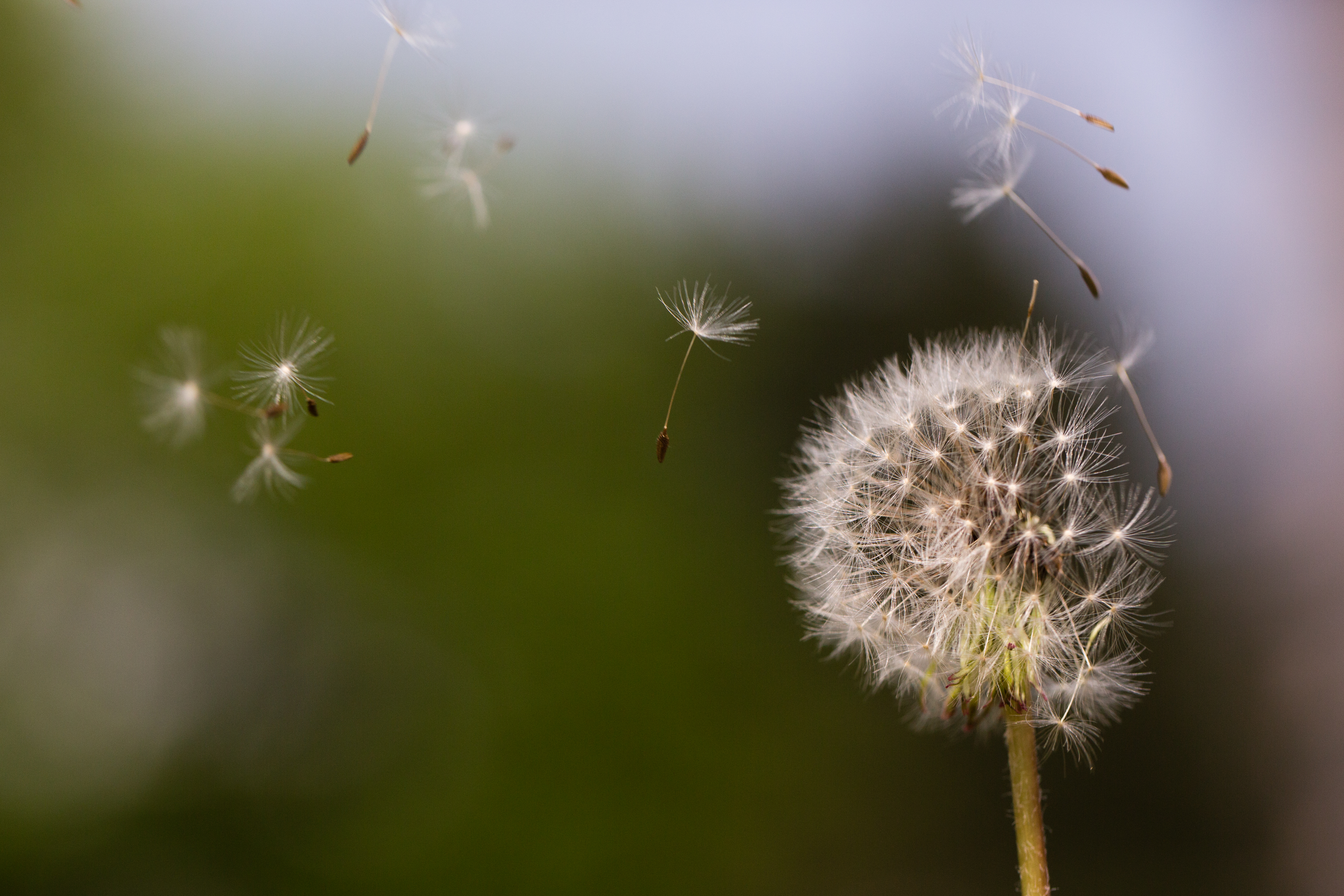AARP Hearing Center

| Do we know the effect the chemicals we use have on plants? The label is the law. When we don’t follow instructions, we harm our plants and ourselves. I will go one step further by saying using chemicals poisons our environment. There are alternatives to the way we garden. There is an option of using biodegradable landscape fabric around plants that will keep the weeds down. Mulch helps control most weeds. Leaf litter can stay in the garden overwinter and help suppress weeds. Early spring mulching can keep the weeds suppressed longer due to cooler weather. There are herbicide alternatives to traditional, synthetic weed control products such as 2,4-D and glyphosate. These products contain oils such as clove oil, eugenol, and d-limonene. Others are soaps, acids, or iron compounds. The mode of action is to destroy the leaf cuticle. This causes the cell to leak and the leaf dies. The products that contain the oils are termed “burn-down” herbicides and are fast-acting. They burn down the top growth but don’t do much to kill the root system. If you don’t get good coverage when you spray, the weeds can still photosynthesize and return. Without the foliage, the plant needs to use the food stored in the root system and until the stored food is depleted the weed will continue to grow. These herbicide alternatives are best used on small weed seeds and annual weeds that are not grown too large. How does one effectively use these alternative herbicides? First, apply it in warm, sunny weather with temperatures between 75 to 80 degrees Fahrenheit. Add surfactants to improve coverage. Treat when weeds are small and young. Repeat applications when weeds are small. Be careful when using these products because if not used with caution they can cause skin irritation, and eye and lung problems. Use eye protection and gloves when handling these products. Be careful not to spray in windy weather. It is best to use hand spray when the wind speed is less than 9 miles per hour. If you have the time, pulling weeds is good exercise. Some people may find it relaxing. Being in the garden is good for releasing stress. ### Linda Langelo is a Colorado State University Extension horticulture specialist, member of Garden Communicators International. |































































